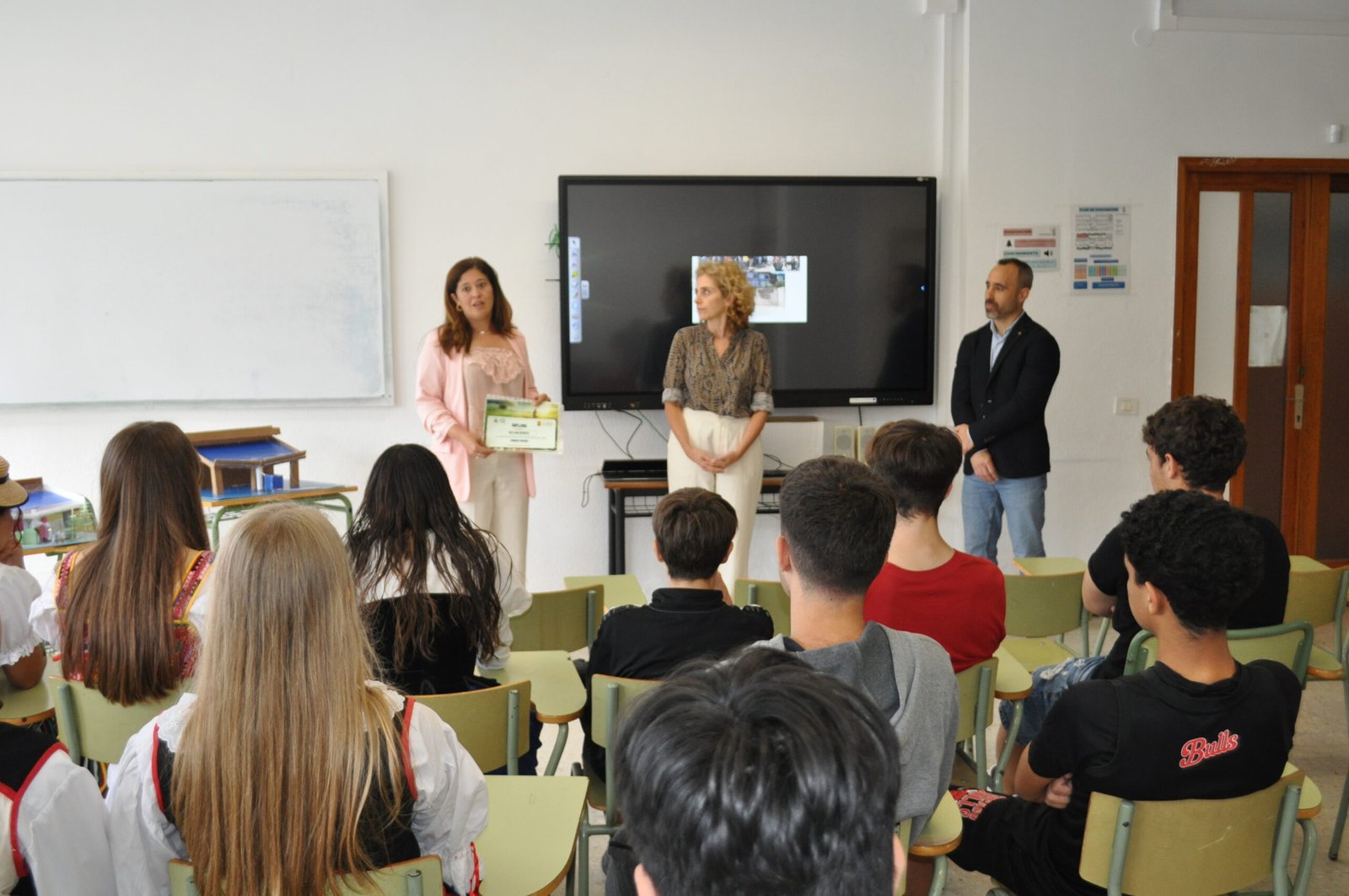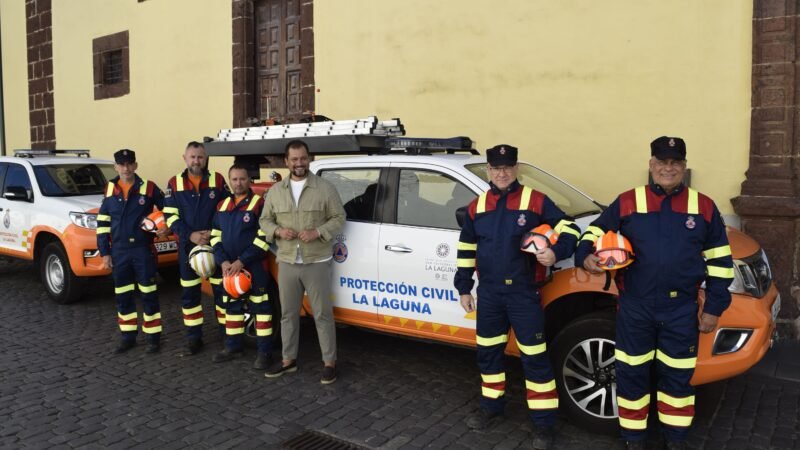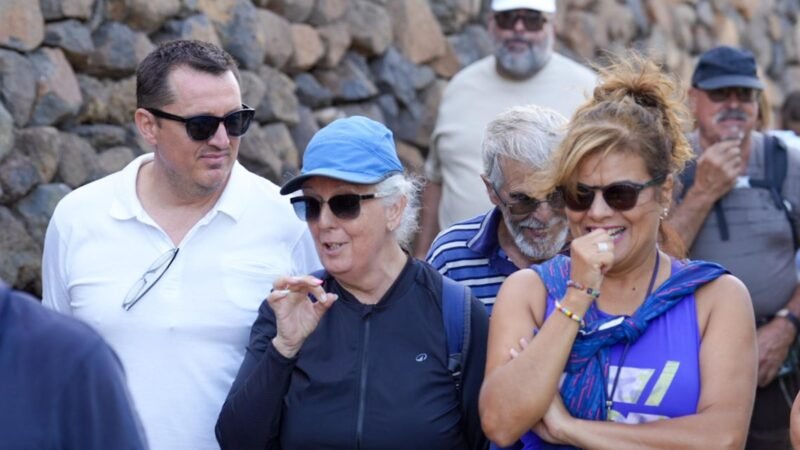El sistema de captación de agua de lluvia del IES San Benito gana premio en La Laguna

A team of first, second, and fourth-grade students from IES San Benito (La Laguna), aged between 12 and 17 years old, have developed a Rainwater Harvesting System (SCALL) that will be used for watering the botanical garden of the center where representative shrub and tree species from each of the different edaphoclimatic zones in the Canary Islands coexist, as well as for the restoration of a pond in poor condition and unused for several years. This project, linked to concepts of innovation and sustainability, has been selected as the winner of the first prize, endowed with 400 euros, within the School Contest for End-of-Year Trips held within the activities of the Rural Youth Fair 2025 of La Laguna organized by Asaga Canarias in collaboration with the Rural Development department of the La Laguna City Council.
The students responsible for this project received a prize of 400 euros for their end-of-year trip. The councilor of Rural Development of the La Laguna City Council, Cristina Ledesma, and the secretary of Asaga Canarias, Theo Hernando, traveled to the center to present the award. During her speech, Ledesma, in addition to congratulating the students and the center for the original initiative, stated, «the importance of promoting projects of this caliber that contribute to valuing the agricultural sector of the islands so that it becomes a professional option given the role that agriculture and livestock play in the production of zero-kilometer products» and highlighted «the success of this project in proposing rainwater harvesting to recover a previously limited garden.»
On the other hand, Hernando acknowledged that «this project is very appropriate in the context of the water emergency that Tenerife has been experiencing since 2024. Many farmers face water restrictions, and we must assess how each drop of this resource is being managed on the island. It is a very sensitive issue for the agricultural sector, and we must learn to value it.»
The project, which also involved students from the agricultural family of IES del Sobradillo specialized in the renaturalization of educational and didactic gardens, combines knowledge from subjects such as Biology, Mathematics, Science and Technology, as well as Geography and History. The idea, captured in an original explanatory and animated video created by the students using their own voices and complemented with a model, emerged in late 2024 after analyzing the improvement needs that could be applied to the underutilized garden area of the institute, which lacked a rainwater collection, storage, and irrigation system for the plants.
The team of project tutors, composed of teachers Loreto Hernández, Iballa Álamo, Juan Francisco Falcón, and Judit Sánchez, express their satisfaction for the recognition received and affirm that the group of students involved in the creation of SCALL «already showed potential» by standing out for «their autonomy in learning, their presentation skills, and communication.»
The students, for their part, excited about the prize, acknowledge that developing the project was not easy. At first, they felt a bit «lost» because «starting a technological project from scratch is not easy. We had the idea in our heads, but we didn’t know how to materialize it.» After researching online and informing themselves, they created a guide with the steps to follow, which allowed them to progress in the system to be implemented in the center with the necessary adaptations.
Operation of the SCALL
The deteriorated state of the sheets covering the back porch of the center, the difficulty in emptying the stagnant water from the pond, and the lack of funding for the construction works are the main obstacles that have delayed the execution and implementation of the project. The objective of SCALL is to take advantage of the slope of the sheets so that rainwater falls by gravity to a drainage system that will transport the resource to a tank connected by pipes to the garden area. The students believe that this system can be replicated in other educational centers in the municipality, as it is one of the ones that collects the most precipitation during the winter period, thus taking advantage of a scarce and limited resource.






